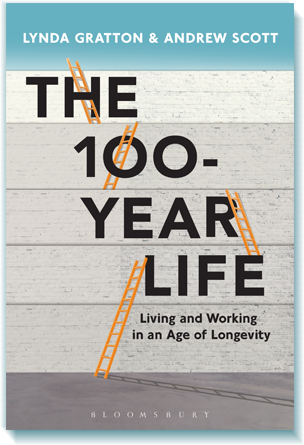I’m about to turn 35 and, with my second and youngest child about to celebrate his first birthday, I’ve said good-bye to running Spark+Mettle, a small charity I founded aged 30, and have just said yes to a full-time position working for someone else.
This was not a transition I was anticipating. By my late twenties I’d had enough uninspiring and frustrating experiences working for other people that I decided to go it alone. I moved back to the UK from the States and set myself up as a freelance consultant in the education and non-profit sector. I’m not very good at being boxed into a role by others. I like working on my own time, in my own place, in my own way. So the freelance life worked well for me for a couple of years. Then the idea behind Spark+Mettle hit—finding a way to develop character strengths and soft skills for marginalised young people. I’d never viewed myself as an entrepreneur, and didn’t know anyone else who was one, but muddled my way through, found brilliant people to work with. A few years in and we had a good-sized team, a range of projects in the UK and overseas and an extraordinary community of people who believed in our approach.
Turns out I’m not very good at being boxed into a role by myself, either. I’m great at getting things set up, less good at keeping them rolling. So I stepped aside, had baby number two, and moved to France with my family for four months to live a quiet life, and to try to figure out what on earth I’d do next.
After an autumn of baguettes and coq au vin, we returned to Brighton. I had decided to go back to the freelance, portfolio life, while also applying for a PhD. Pieces of work started to float my way, I got accepted onto the PhD programme, and got a fully-funded scholarship to boot. But then I was offered this full-time gig, working for an entrepreneur-cum-philanthropist who says he doesn’t like being boxed in, or boxing in others. He asked me to lead on setting up his new charitable foundation. He’s offered me a decent salary. He’s putting in a large endowment to the foundation, and he’s keen to spend it rather than sit on it, changing education and youth entrepreneurship ecosystems across the globe. It’s my dream role.
Yet accepting a full-time job feels oddly risky after all this time. I’ve thought hard, talked a lot, and decided that I’m prepared to take it. We’ve got two kids, two dogs, two countries of origin and a whole heap of things we’d like to do as a family, that we wouldn’t be able to do if we were to subsist on my PhD scholarship. Two weeks ago my husband and I, for the first time ever, had a conversation about pensions and retirement plans. We’ve been so up against it—getting by, doing what we love—we’ve only just found the headspace to consider that there’s a lot more of life to come. If this job gives me some certainty and security and a bit of wiggle-room, financially, right now and in the future, then that is wonderful.
Conversely, for all my talk of being boxed in, I have a hunch that working for someone else now is going to feel strangely liberating.
In The 100-Year Life – Living and Working in an Age of Longevity, published June 2nd 2016 by Bloomsbury Publishing, Lynda Gratton and Andrew J Scott outline the challenges and intelligent choices that all of us, of any age, need to make in order to turn greater life expectancy into a gift and not a curse. This is not an issue for when we are old but an urgent and imminent one.Extremely well received by critics and readers alike, the book has received extensive coverage around the world.
Buy Now Kindle
The 100-Year Life: Living and Working in an Age of Longevity has won the second prize of The 2017 Business Book Award of Japan.
Read MoreLynda Gratton and Andrew Scott’s recent article in MIT Sloan Management Review is an important piece about the inconsistent corporate response to increased longevity. Read the article here.
Read MoreEslite, the leading bookstore in Taiwan, has chosen The 100-Year Life: Living and Working in an Age of Longevity as the Best Book in February.
Read More